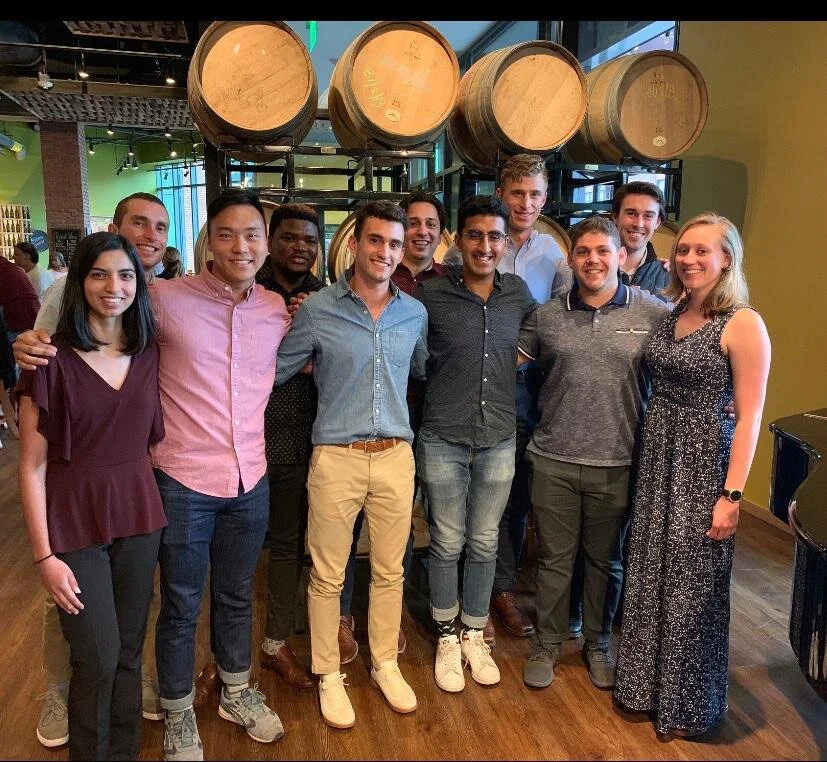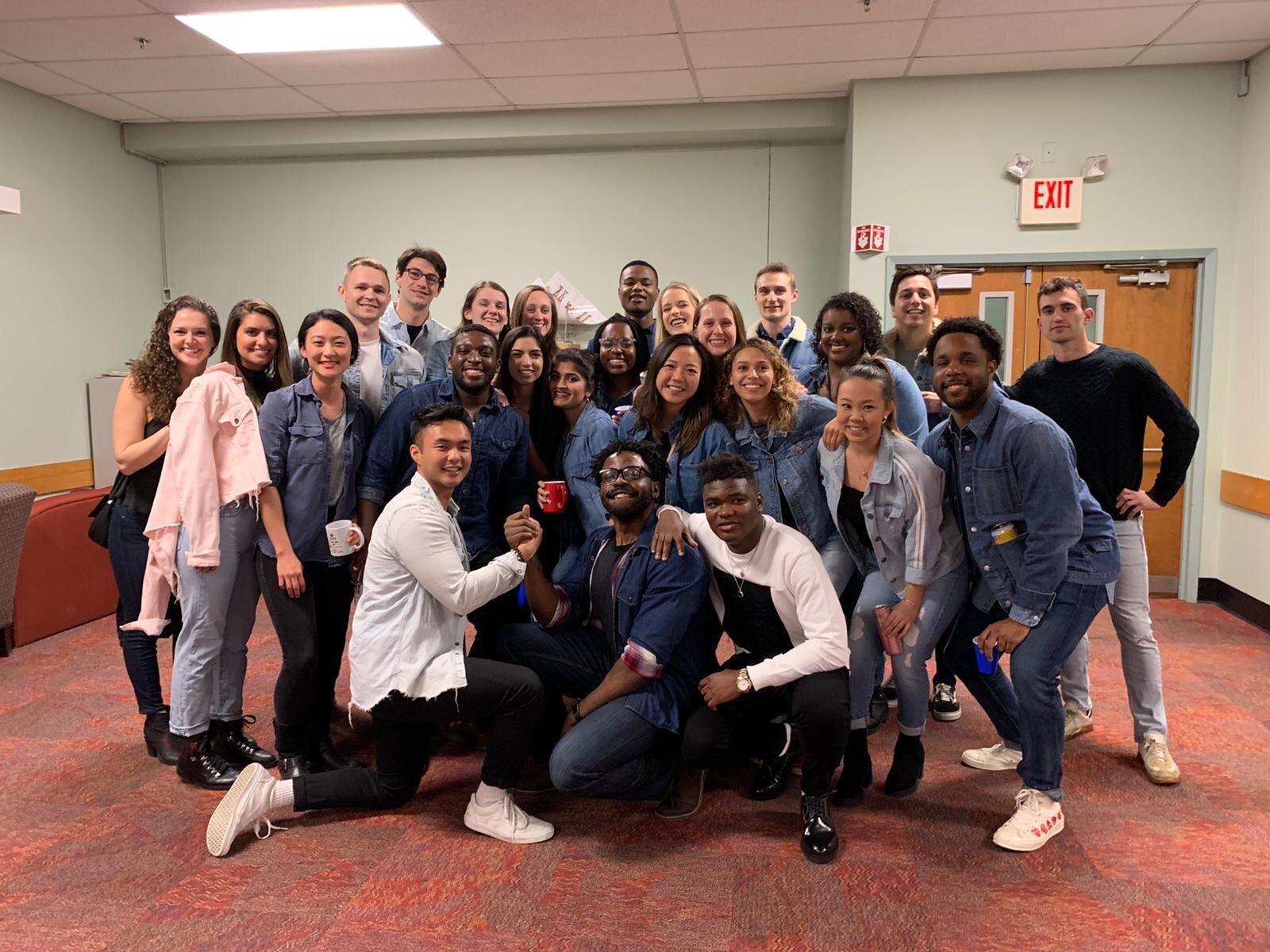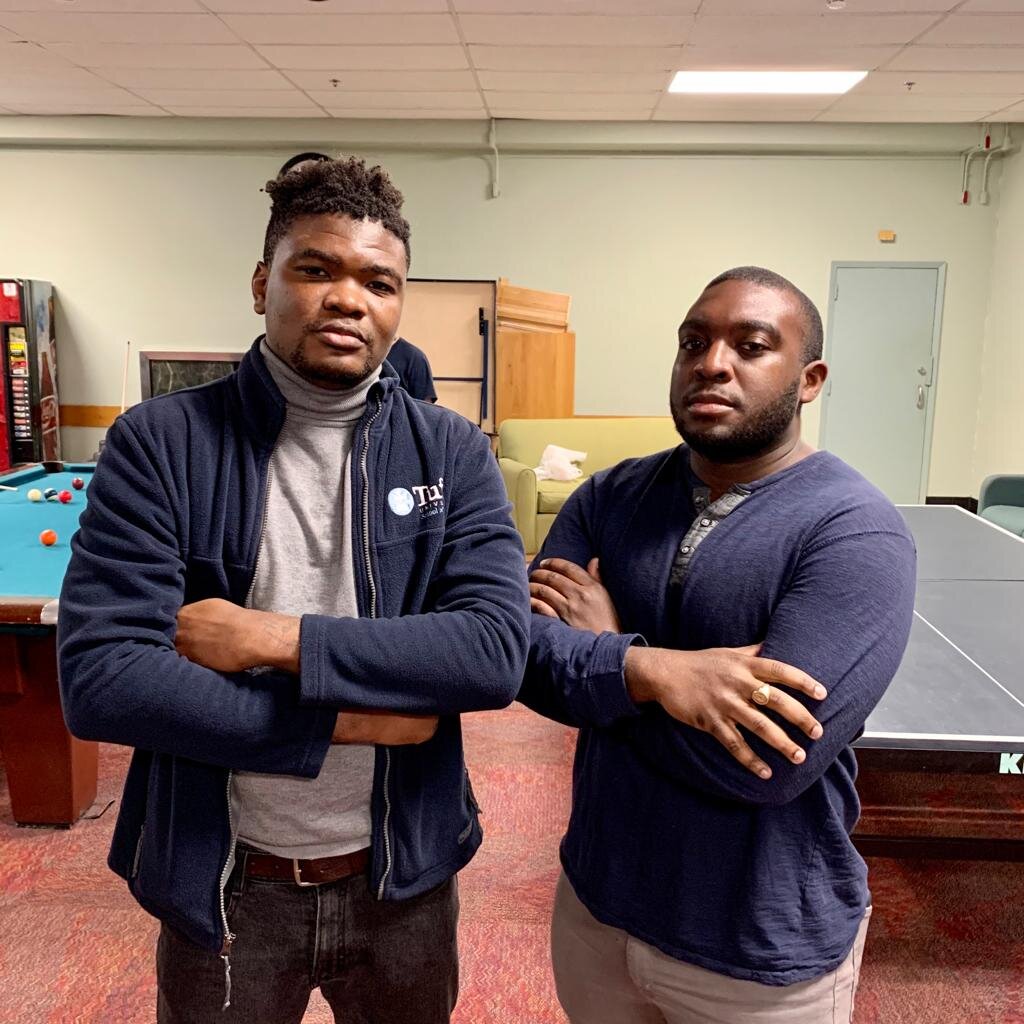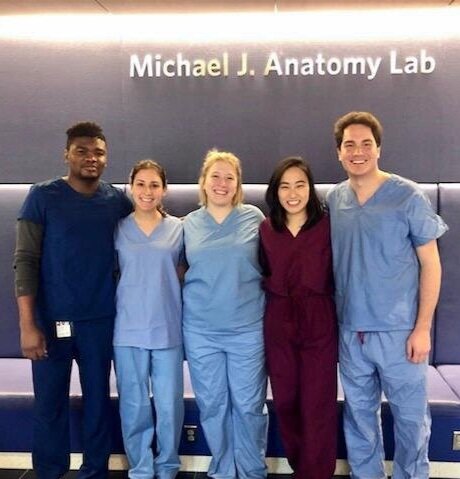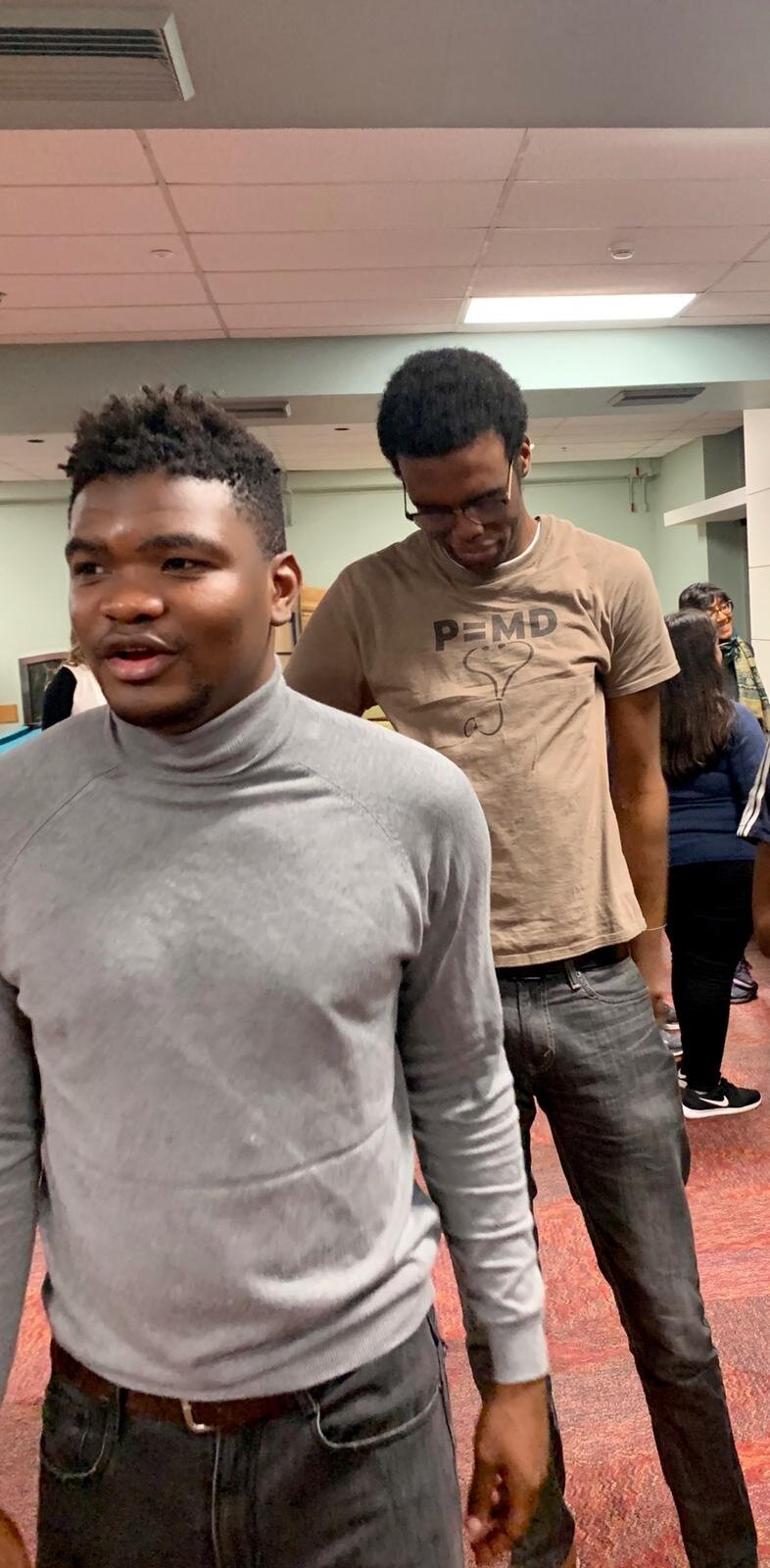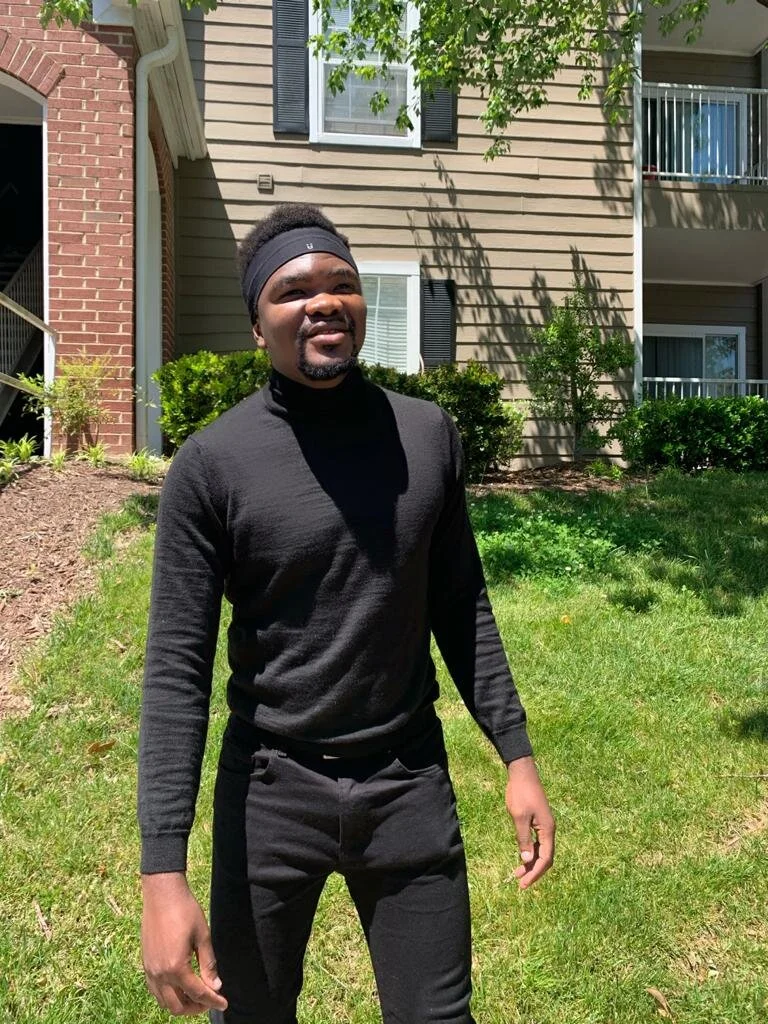I stumbled a lot to find the correct title for this blog post, then I remembered the New York Times’ bestseller Difficult Conversations about human interaction negotiating difficult discourse. Dr. Chilligerian recommended us to read it in our leadership class this fall at Heller School (Brandeis University). I have not finished reading Difficult Conversations at the time of writing this blog post but I have tried to give it as much context in this blog post, in order to encourage more fruitful and effective conversations. However, as people read this, I hope they realize there is more than one version to every story, and this is just my take.
So, where do I begin?
I have been living at Posner Hall, the dormitory associated with the Tufts University School of Medicine, since I have moved to Boston in June 2019 to begin my MD/MBA program. It was my first time living in a dorm. I made many friends there, and I can finally say that I have had that dormitory experience I never got in undergrad. I particularly looked forward to spring break, hoping to travel, get some alone time, and visit friends and family I have not seen in years (some since high school). I booked a round-trip flight from Boston to London. I planned staying with a high-school friend for a night in London, then fly to Paris for few days, before going to Istanbul for a night, then reversing the process on my way back to Boston. It was supposed to be a fun spring break. Then the pandemic happened! COVID-19 was the game changer. Students were asked to move out of the dorms and I had to cancel my trip. I felt that I still needed some personal time and the last two places I wanted to be were New York (my state of residency) and Boston (my medical school bubble). So, I decided to go to Durham, North Carolina. I have lived in Durham during my Master of Science Biomedical Sciences program at Duke University, and I knew I could focus and enjoy my solitude there. Thanks to my friend Garfield, I was able to transition smoothly back to Durham. I stayed with my friend Rimel for a couple of days, then I decided to stay in an Airbnb in a house where a couple, their dog, and two cats were "quarantined." I was hoping for some new adventures.
For privacy purposes, I won’t use people's real names beyond this.
John and his girlfriend of four months, Jane, a naturopath doctor, were my host. John is self-employed, working in construction and teaching at a local community college. He is a middle-aged Caucasian man who is passionate about cooking, traveling, and photography, among many other pursuits. Once John learned that I was attending medical school, he decorated my room to include a frame of Eulogy of the Doctor by Robert Louis Stevenson, a copy of The Graduate by Ernie Barnes, and diploma of his late father, who had completed his orthopedic surgery residency and fellowship at Duke University. For the first few days, I was hardly socially engaged with John. I was still trying to get into my routine of being a medical student and working on my mental health. Our first real conversation was about houses, art, and real estate investment. We talked for hours that day and I learned a lot about building homes. Over the next few days, John invited me to eat dinner with his girlfriend and go grocery shopping.
As the current pandemic worsened, I have become better acquainted with John, since he works from home. At first, John was very skeptical about the pandemic and did not believe in practicing social distancing. He strongly believed that we must all get sick, so we can become immune to the virus. Those who succumb to its destructive effects simply don’t deserve to live, he reasoned. At first, I was befuddled and did not challenge his thinking. I was merely trying to form an opinion about him. Truthfully, I usually take some time to warm up to people. I prefer the observe and listen mode, trying to decipher their philosophy and values to understand what they care about. Also, I believe it takes a lot of trusts to have a genuine conversation with someone.
One Friday afternoon, we were doing grocery shopping, and John refused to put on a mask that was given to him at a grocery store. I was not really happy about it, but I put on my mask and continue shopping. On our way back home, I avoided chatting with him; then, from nowhere, he asked, "Salim, do you think we should elect President Trump again?” I did not really take that question well, and when a friend telephoned that instant, I told John I did not want to talk about politics. That is not really an answer you would expect from me because I get really passionate about politics. Also, I did not want to describe our country “leader” using the "S" word like I did in my Zoom statistics course this semester. However, I was well aware that John has a lot of conservatives' views, and I had seen him watched President Trump’s press conferences a couple of times.
One day after I finished one of my exams, I decided it was time I understand why John did not want to wear a mask. To be honest, I was very passive-aggressive, asking him that question. In John's words, "wearing a mask is a control device". John actually wrote a "control device" on the mask he was given at the store. I tried to understand more what he meant by a "control device." John later explained that wearing a mask does not really protect him, and he could still get sick despite wearing a mask. I explained to him that wearing the mask is not just to protect himself but also his girlfriend, his mother, whom he loves to go visit, everyone in the store, and myself. I show him evidences why masks are essential to stop the spread of the virus and brought up the fact that he often wears masks in construction, but he maintained his view.
Next, I attempted to answer his question about whether Donald Trump should be elected again? So, I asked John this pointed question: Do you think we should re-elect a racist, sexist, and misogynistic leader who flippantly suggests that people could use poisonous disinfectants to treat COVID-19 infections? He opined that President Trump is just ignorant and never says or does such things. I showed him videos where the president said some very controversial and divisive stuff, and he laughingly maintained that Trump did not mean any of it. At that point, I just ended the conversation.
I did not give up on trying to understand John's view. It was hard for me to accept that this man I respected subscribed to those views. One day, John respectfully asked me if Muslims were good people. I had mentioned that I was celebrating Ramadan. I was actually happy he asked me that question because I'm sure there are many people out there who wonder what it is like to be Muslim. I'm not particularly religious, nor would I characterize myself as a "good" Muslim, so I flipped the question to him, asking instead: Are all Christians good people? He said no. I thought I was finally getting the opportunity to rant about what it is like to be a Muslim and how being a "Muslim" is not a monolith, since there are different branches of Islam and differing beliefs. Muslims live everywhere on the planet, speak different languages, and have different traditions. Instead, I brought up the United States’ hypocrisy toward the Kingdom of Saudi Arabia, since John pretended not to know that, as one of our long-standing and strategic allies (since 1933), Saudi Arabia is a country that practices Sunni Islam and is trying to systematically suppress Shia Islam. By the way, my family practices Sunni Islam, so I wasn’t trying to defend Shia Islam but simply denouncing America’s hypocrisy when it comes to geopolitics. Was Iran (95% of the Iranian population is Shia) posing a threat to us earlier this year, or was it that the enemy of our friend is our enemy?
One of the least frustrating conversations I have had with John was about education. John does not believe in the value of a college education and even encourages his daughter not to attend college. John explained that he took college courses in his adult life but did not complete them. In some of his classes, he was not allowed to fully express his opinions. He believes that education starts at home and, nowadays, we could learn most things online, so why go to college? In his words:
"The education of our children cannot just be the job of schools. Parents must step up and take responsibility for educating our children and for showing them how to navigate and thrive in this world. Parents need to teach their child about nutrition and understand that being parenting is a full-time job, and children need to learn to question everything and have their own opinions, and not just believe everything they are told in school".
I definitely agree with John that education starts at home and that people need to learn to question things, but where do we draw the line? Should we question the protocols and recommendations of the Center for Disease Control and Prevention (CDC) regarding the pandemic or the president's ill-advised and often unscientific statements on treating COVID-19? John didn't answer.
As we were discussing this, I told John about my first impression of the classroom in the US. Class participation is something that invariably surprises culturally and linguistically diverse immigrant students in America. It is intimidating, especially when your first language is not English and your accent and halting English are subjected to being mocked by insensitive peers. There were many times when I so wanted to engage in classroom discussions but I couldn't find the right words in English. I told John that instead of teaching children to question things, we should give teachers the resources to encourage civic participation in the classroom. In their book, The Political Classroom, Diana Hess and Paula McAvoy argue that schools should be political (though not partisan) to fulfill their democratic mission. In political classrooms, students learn how to discuss topics with multiple, competing views, and practice listening and questioning. In my opinion, students engaging in civil discourse in class should be given time to ponder over an idea before articulating a response. Personally, it usually takes me time to consider an issue before answering. Sometimes I have to formulate my response in French and quickly translate it into English. When I taught in Hong Kong or New York, I always encouraged my students to think before answering a question because I learned that it does not make someone smarter, whether they respond quickly or not.
As we were having this conversation, I also learned why John does not trust the healthcare system and wouldn't want to receive any care if he contacted the virus. Despite believing that America is the greatest country in the world, John's opinion of our healthcare system is the opposite. John has had numerous bad experiences with the healthcare system as he likes to say. At first, I could not really comprehend why he wouldn't seek any medical care because I knew that his father was an orthopedic surgeon and his sister is a physician assistant working in New York City. As we chatted, I learned that John was more frustrated about the cost of healthcare in America, as well as the inordinate amount of time he had to wait in the ER when he had a carbon monoxide poisoning. I'm definitely aware that our healthcare has many flaws. But I also wanted John to understand that he could depend on reliable care by incredible medical professionals if he were ever to get sick. To my surprise John, rather disconsolately, asked why healthcare workers are so highly regarded in our society? In his words, "A physician has the same value as a janitor or a construction worker to society, and they should be treated and paid the same." I personally don't know how we could define what profession has the most value to society, so I did not have an answer to that. However, I explained to him that different jobs require different skill sets and that being a physician requires a medical education and many years of training, and for some people, a considerable amount of debt and personal sacrifice.
John and I have different views on different topics. At times, I felt frustrated talking to him, but I realized that most people in his life do not challenge his views or have similar views. So, when I have a study break, I try to challenge those views. At first, I tried to impose my scientific beliefs on social distancing and how the pandemic is not a hoax. However, I have learned that the best thing I could do is to listen, not take anything personally, share my views and experiences, show him some evidence, and accept that it is not my responsibility to change his mind.
Despite our differences, John taught me a lot about life, cooking, the little things in life that should matter, and the importance of being a good parent. Despite not having much, he gave everything to his daughter and raised her as a single father. Sometimes, John reminds me of my mother and how she gave up everything for me to become the man I am today. Living with John for 74 days, I learned that despite our difference, we need to listen to each other and have civil conversations. Although these might be difficult, we all can coexist together in this country or this planet that we all call home.

